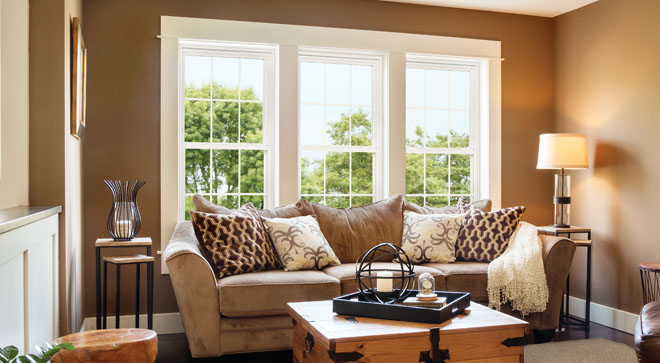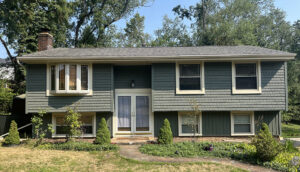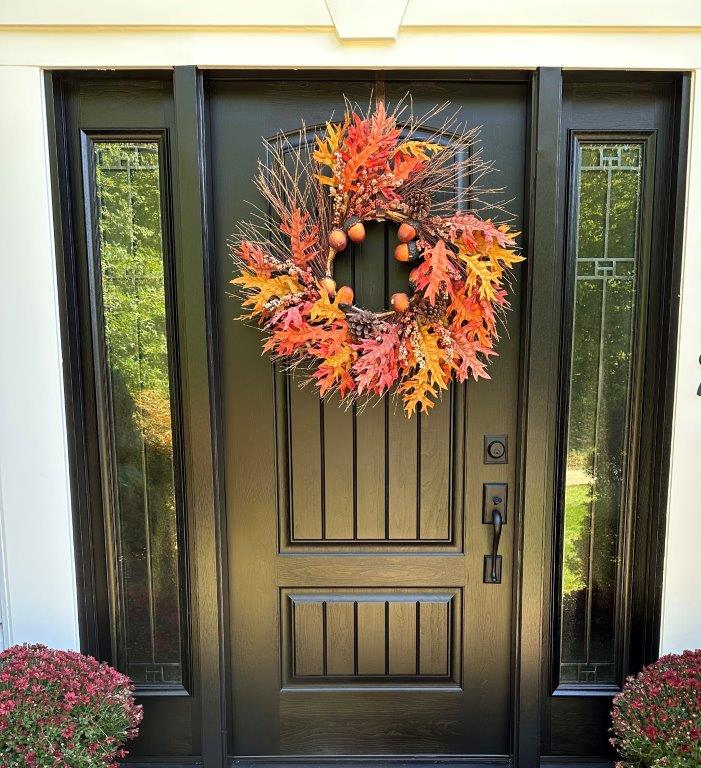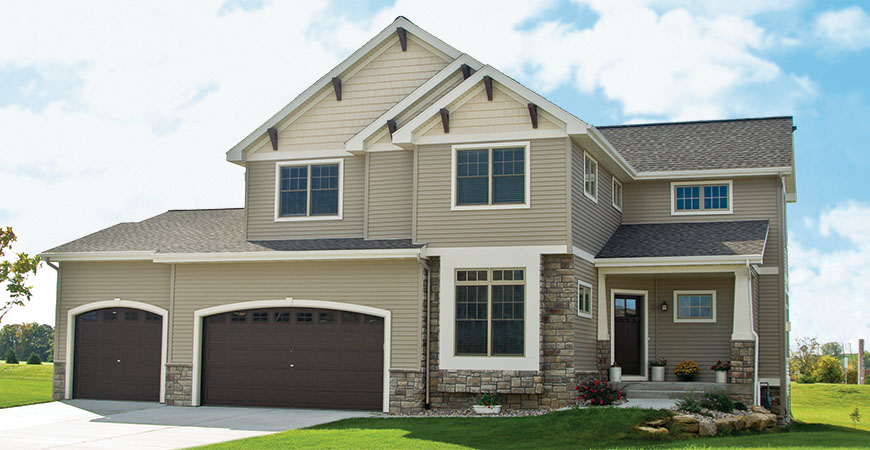Understanding the importance of replacement windows in your home is essential for maintaining its comfort, efficiency, and value. Whether you’re tackling a renovation or simply looking to improve your home’s energy performance, this guide will navigate you through everything you need to know about replacement windows.
Key Takeaways:
- Replacement windows can significantly improve your home’s energy efficiency.
- Various styles and materials are available to match your home’s aesthetics and needs.
- Proper installation is key to maximizing the effectiveness of replacement windows.
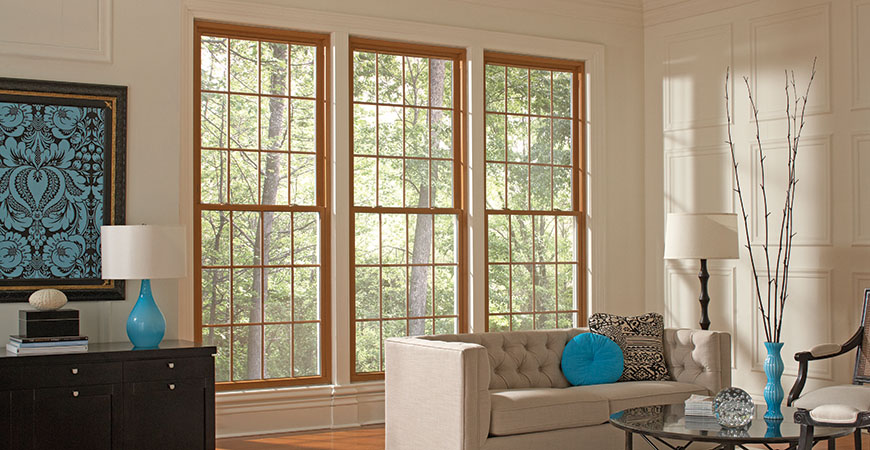
Why Consider Replacement Windows?
Enhancing Home Comfort and Efficiency
Replacement windows are a crucial investment for any homeowner wanting to improve comfort and decrease energy bills. Modern windows come with improved insulation properties, reducing heat loss during winter and keeping your home cooler in the summer.
Increasing Your Pennsylvania Property Value
Upgrading to high-quality windows not only boosts your home’s aesthetic appeal but can also increase its market value. Prospective buyers often look for homes with energy-efficient features, including modern windows.
Types of Replacement Windows in Western PA
Single and Double-Hung Windows
- Single-Hung Windows: Only the bottom sash moves up and down.
- Double-Hung Windows: Both the top and bottom sashes are operable, allowing better air circulation.
Casement and Awning Windows
- Casement Windows: Hinged on the side and open outward to the left or right.
- Awning Windows: Hinged at the top and open outward.
Picture and Bay Windows
- Picture Windows: Large, fixed panes that provide expansive views and natural light.
- Bay Windows: Protrude from the exterior wall, creating additional space and views.
Slider and Custom Windows
- Slider Windows: Slide horizontally and are ideal for spaces with limited vertical opening.
- Custom Windows: Made to fit unique shapes and sizes for specific design requirements.
Choosing the Right Material
Vinyl Replacement Windows
- Pros: Cost-effective, low maintenance, last incredibly long period of time, and good insulation properties.
- Cons: Limited color options and although very rare some may warp under extreme temperatures.
Wood Windows
- Pros: Natural look, excellent insulation, and customizable.
- Cons: Requires lots regular maintenance to prevent rot and warping.
Aluminum Windows
- Pros: Lightweight, strong, and sleek design.
- Cons: Less insulating than other materials.
Fiberglass Windows
- Pros: Durable, energy-efficient, and can mimic the look of wood.
- Cons: On the pricier side compared to other materials.
Replacement Window Installation and Maintenance
Proper installation is crucial for the performance of replacement windows. It’s recommended to hire a professional installer to ensure an airtight fit and avoid any future problems. Maintenance varies based on the material but generally includes regular cleaning and occasional hardware checks.
Energy Efficiency and Certifications
Look for windows with ENERGY STAR ratings and NFRC labels to ensure you’re getting a product that meets strict energy efficiency guidelines. These windows typically have features like low-E coatings and insulated frames and glazing.
Cost Considerations
The cost of replacement windows varies widely based on material, style, and size. While initial costs can be high, the long-term savings on energy bills and increased property value can make it a worthwhile investment.
Comparative Table of Window Materials
| Material | Pros | Cons | Average Cost |
|---|---|---|---|
| Vinyl | Affordable, low maintenance | Limited color choices | $ |
| Wood | Aesthetic, customizable | High maintenance | $$$ |
| Aluminum | Durable, sleek design | Less insulating | $$ |
| Fiberglass | Extremely durable, efficient | Higher initial cost | $$$ |
Video Resources on Replacement Windows
- How to Replace Windows The RIGHT WAY – A detailed guide on professional window replacement methods.
- How to Replace a Window EASY – Simplified steps for homeowners tackling window replacement.
- How to Install a Replacement Window – Instructions on installing a new window in your home.
Frequently Asked Questions
Q: How often should I replace my windows?
A: Typically, windows need replacing every 15-20 years, depending on the material and environmental factors. You will know when the performance of the window starts to drop and you can notice things like the wind passing through it, moisture around it and so forth.
Q: Can replacement windows be installed from the inside?
A: Yes, many replacement windows are designed for inside installation to minimize disruption and damage to the home’s exterior.
Q: Are there financing options for window replacement?
A: Many companies offer financing plans, or you might look into home improvement loans and grants available in your area.
Relevant Links
- For an extensive range of replacement windows, check out Richard Felser’s Replacement Windows.
- Discover various services and home improvement options at Richard Felser Company Services.
- Explore the featured products and learn more about the benefits at Richard Felser’s Featured Products.
Please consult additional resources or give us a call and talk to a replacement window expert for more detailed information on specific window types, materials, and installation methods. Remember, investing in quality replacement windows not only improves the look and feel of your home but also contributes to a more energy-efficient and valuable property.

